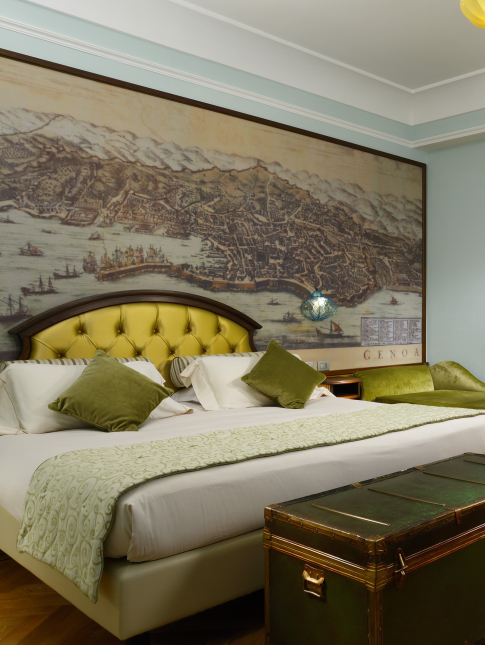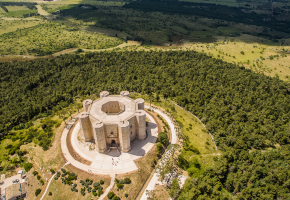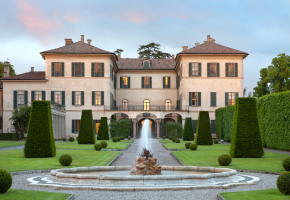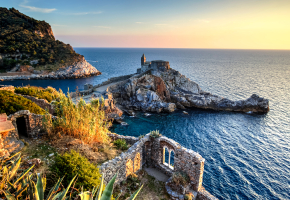
Future Generations
Green certifications in hotels and sustainable practices: A path to excellence

In recent years, sustainable tourism has become a central theme in the hospitality industry, with a growing number of luxury hotels adopting green certifications to reduce environmental impact and attract more conscientious travelers. Certifications such as the EU Ecolabel, Travel Life, EarthCheck, GreenKey, Biosphere, ISO 14001, LEED, and Dream & Charme Assurance (DCA) are among the most significant, reflecting hotels' commitment to meeting rigorous sustainability standards. Our selection of suppliers also adheres to these principles, collaborating with partners who share a vision for responsible tourism. Below, we explore some of the best practices implemented by luxury hotels in Italy, focusing on specific actions that demonstrate their commitment to the environment.

Sustainability practices at Lungarno Collection: From field to table
The Lungarno Collection exemplifies how luxury hotels can integrate sustainable practices. All properties in the group have received the prestigious DCA (Dream & Charme Assurance) certification, ensuring the sustainability of their operations. One of their sustainability initiatives is the collaboration between Caffè dell’Oro, one of the group's restaurants, and Typiqo, a local supplier with shared ecological values. This partnership arose from a desire to use high-quality, sustainable raw materials, supporting organic farming in the Chianti Rufina hills near Florence. To discover more about the brand's initiatives, visit their website.

Vigilius Mountain Resort in South Tyrol: Experiencing the mountains sustainably
Vigilius Mountain Resort in South Tyrol is another example of how luxury can align with sustainability. Built entirely with natural materials such as wood and glass, the resort utilizes renewable energy sources, including geothermal and solar power. The facility has achieved "CasaClima A"certification and the five green stars of "Eco Hotels of the World," confirming its commitment to sustainable architecture and responsible tourism.

Grand Hotel Savoia in Genoa: Sustainable innovation in a historic setting
Even historic properties like Grand Hotel Savoia in Genoa can embrace sustainability. Despite limitations in space and infrastructure, the hotel has implemented strategies to reduce waste, optimize energy consumption, and engage with the local community. Initiatives such as organizing clean-up days have not only improved the local environment but also fostered awareness among residents and travelers.
These case studies demonstrate that luxury and sustainability can coexist. By adopting green certifications and implementing sustainable practices, hotels contribute to environmental protection while offering guests a more meaningful and responsible travel experience. As the demand for sustainable tourism continues to grow, it is essential for the hospitality industry to embrace these practices and lead the way towards a more sustainable future.
Related articles
10154
Torino (TO)


